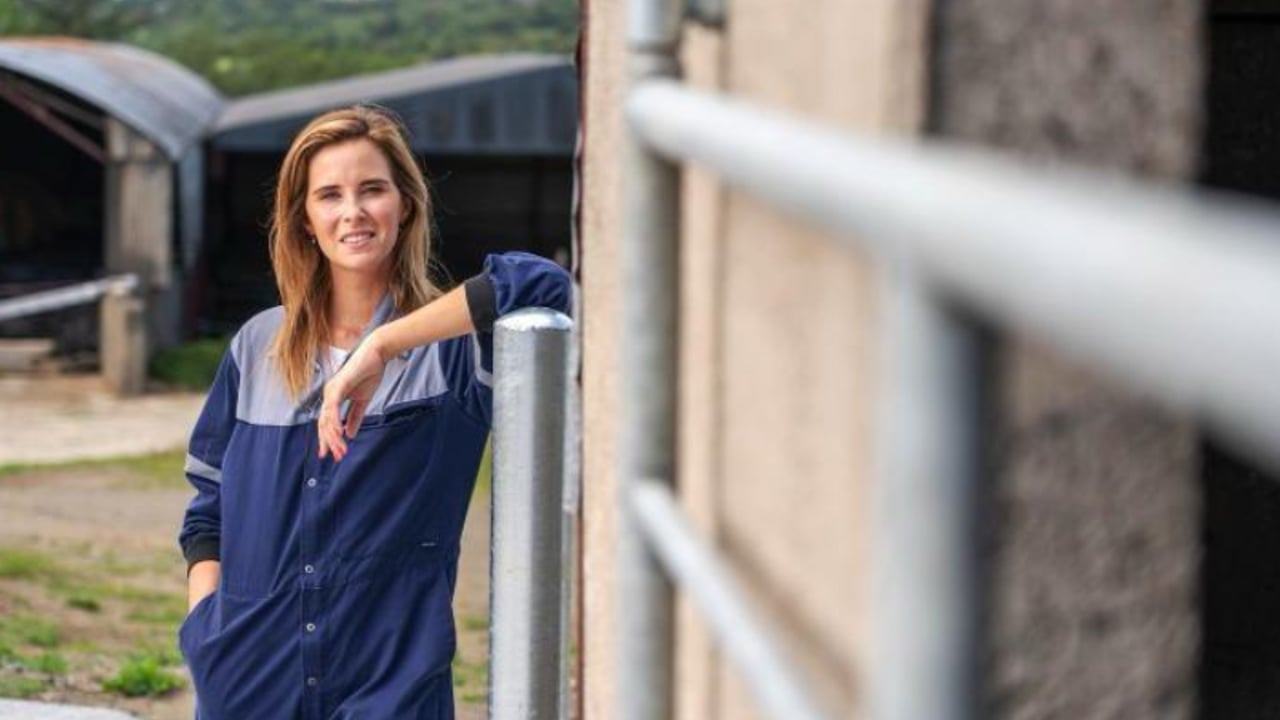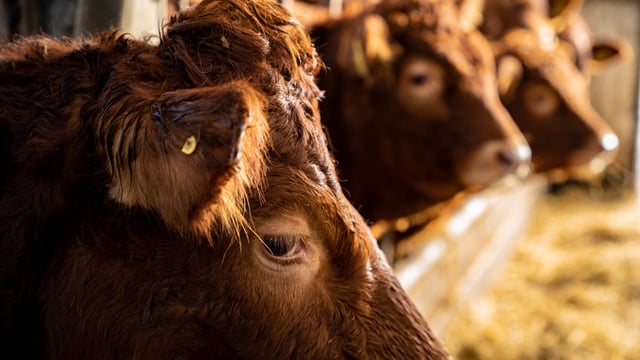Lack of baby changing facilities at agri-colleges may deter women
Meath dairy farmer, Ciara Lynch, has highlighted the absence of baby changing facilities at agricultural colleges, which may deter women from entering the industry.
Lynch traded in her career in digital marketing and daily M50 commutes six years ago, to farm full-time alongside her husband, describing the move as "the best thing" she has ever done.
Lynch partook in a distance learning education course in farming at Ballyhaise College in 2023-2024, during which time she was awarded student of the year.
However, the former Dairy Women Ireland chairperson faced an unexpected hurdle during her green certificate course studies, when she discovered that the college lacked baby changing facilities.
The mother of two told Agriland that it is practical examples like this which may constitute as a barrier to women venturing into agriculture.
"There were seven of us with infants on the course - I had two at the time.
"I think a lot of the time we [women] don't want to be seen to be complaining or moaning, but it's these practical things that are so easily changed that can make a huge difference for women.
"When we started, one of the ladies had a seven-week-old baby who she was feeding herself, and I will never forget how tired and stressed she looked. Something as simple as this, some baby changing facilities, would have made her life so much easier I think," Lynch said.
Lynch was full of praise for the the course practitioners and lecturers, the majority of whom were men, explaining that "they could not have been more accommodating" to students, like herself, who had to bring children along to the course's practical days.
The course design was also amenable to students with children, of which there many, Lynch said, due to the flexibility of its part-time nature and its remote learning opportunities.
However, she believes the conversation on allowing children to attend education centres alongside their parents needs to be encouraged, to enable the practice to become more conventional.
"It's a very easy conversation to have today - bring your infants. Obviously, farms aren't safe places for toddlers and young children to be running around, but for a baby in a sling, it's a different story," she said.
"Sometimes it just wasn't practical for me to leave him [her son, Alexander] with my husband or with a childminder, so I brought him along and it made it a bit more fun.
"The majority of people in my class were parents too, or were pregnant, and they were completely fine with it. They understood that you have to do what you have to do, this is life," she added.
The advocate for women in agriculture advised women to use their minority status in the industry, as fuel to enact change, and to adopt a solution-orientated approach where barriers were concerned.
"My story is quite a positive story in the sense that I wasn't exposed to a huge amount of barriers. I believe a barrier is only a barrier if you see it that way, but you can also choose to view it as a challenge which you can overcome," she said.
"I think if you go looking for problems, you'll find problems, and that can limit you. You can make the change. You can have that conversation and ask for the things that would make your life easier, rather than just sitting back and becoming a victim of circumstance.
"You also have to have the mindset that you can do everything that a man can do. It's not about us versus them, women versus men. It's about what what can I learn from you that will make me better at my job? What can we learn together? What skills can I bring that you don't have?
"I do think that women have to work twice as hard, to be recognised in the industry, but that's the case in every industry, it's not just limited to agriculture. But change is happening. It's becoming less and less bonkers to see a woman in the parlour or in the tractor," she said.
While Lynch admitted that farming is "tough work", she has loved "every minute of it", revelling in every new challenge and opportunity thrown her way.





